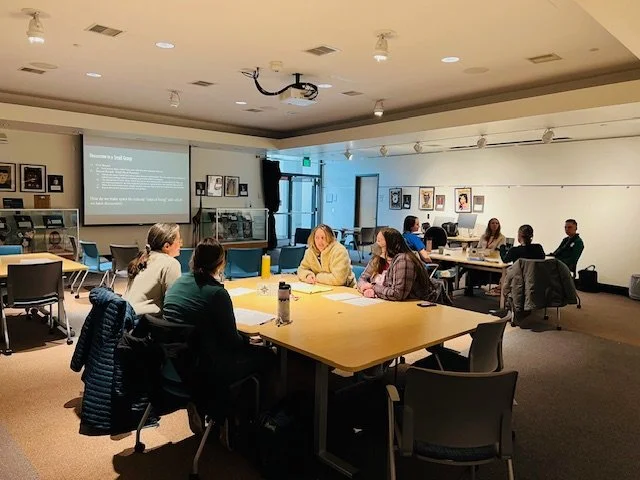
Discover your cultural orientation with the Hofstede Culture in the Workplace Questionnaire
Used by international companies and multi-cultural organizations around the world, Hofstede’s Culture in the Workplace Questionnaire (Hofstede CWQ) is an online, cross-cultural profiling tool grounded in Professor Geert Hofstede’s six dimensions of national culture, developed over 45 years of research across more than 70 countries. As a Certified Associate of the Hofstede CWQ through ODE Consulting and through years of school equity work in Education Minnesota, Pacific Education Group, and several urban Minnesota districts, Anna Resele has the training methods and on the ground experience for real cultural transformation. Rather than attend another cultural training that emphasizes diversity by “getting to know” culture with no real action, the Hofstede CWQ gives language to the intangible things of culture that create social and psychological discomfort…or true safety and inclusion.
Photo Credit to ODE Consulting
As part of the Hofstede CWQ and Debrief, you will receive a 20 minute online questionnaire with results in individual orientations across 6 cultural dimensions:
Individual and Group Orientation
Hierarchical and Participatory Orientation
Uncertainty Avoidance and Tolerance to Ambiguity Orientation
Achievement and Quality of Life Orientation
Short Term and Long Term Orientation
Indulgence and Restraint Orientation
These ways of being cross cultures and deeply impact the way people think and interact. Professionals in corporate and educational contexts can gain incredible insight leveraging their Hofstede CWQ results, whether it be in an international collaborative team or the K-12 classroom.
Why should an educator take the Hofstede CWQ?
The Hofstede CWQ builds cultural sensitivity through understanding your individual orientation along world-wide cultural dimensions.
Understanding Hofstede CWQ’s orientations can improve cross cultural communication and team dynamics.
The Hofstede CWQ provides insight and support in adjust to student, family and coworkers’ orientations around time, achievement, decision making, and hierarchy to be more culturally responsive.






